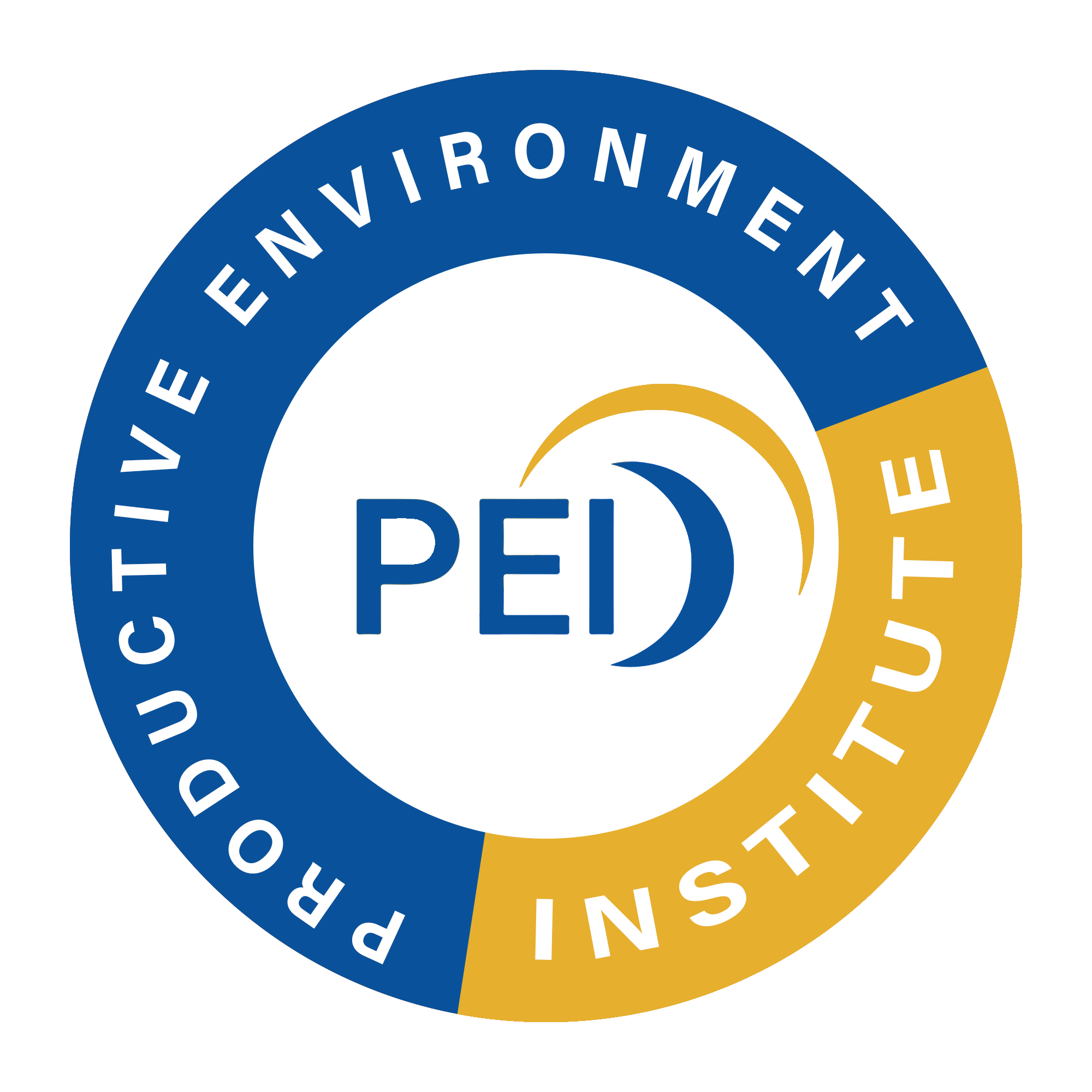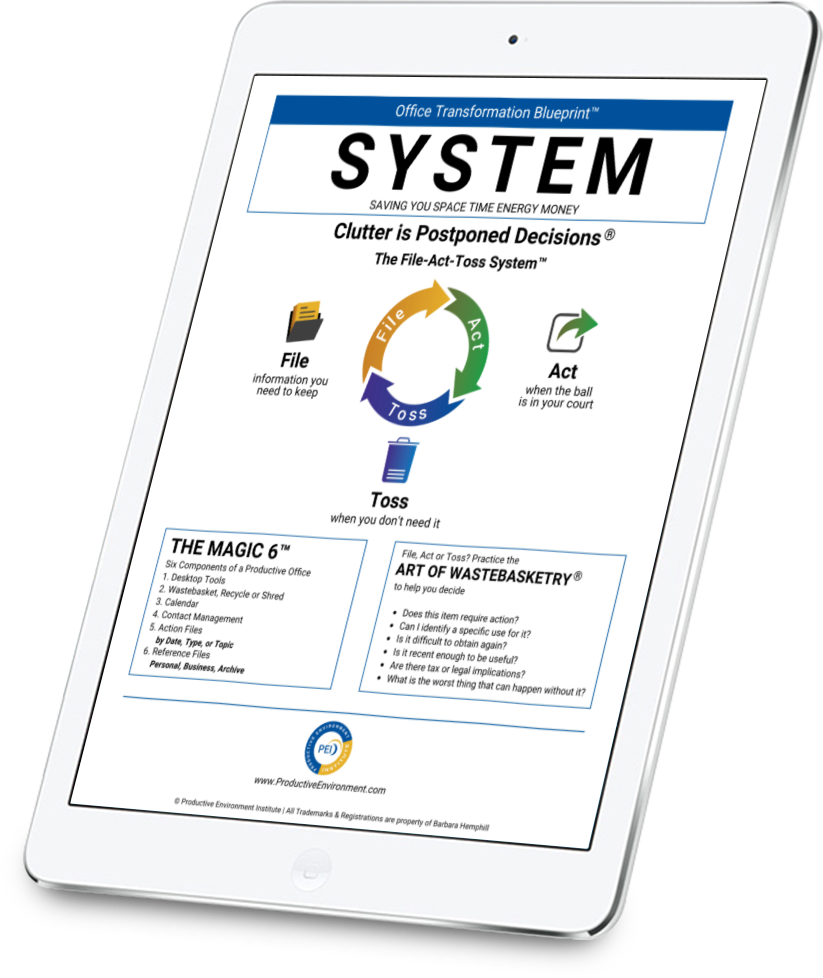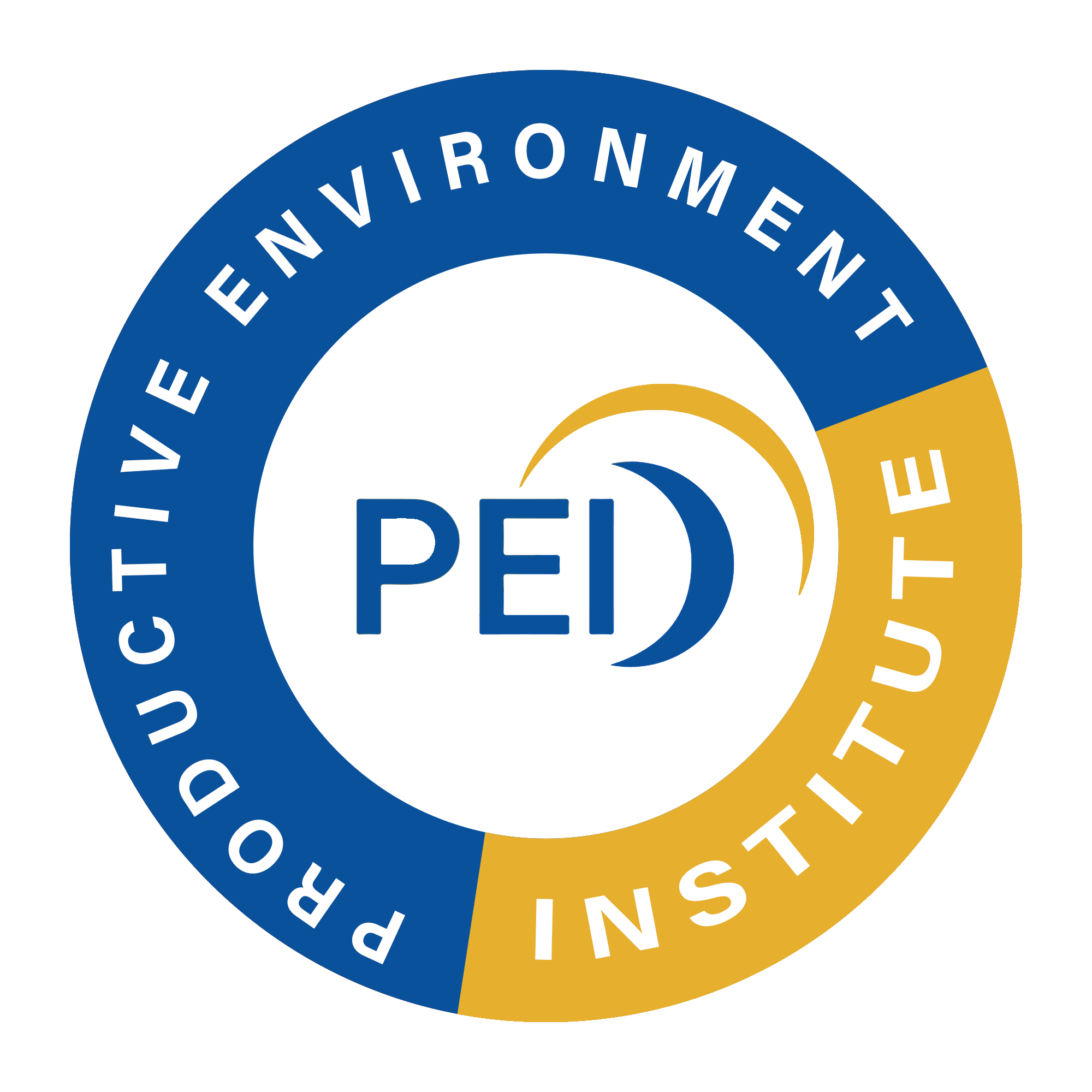Productive Environment Blog

The Missing Link to Your Success in the New Year
“Life isn't a line but a circle. The ending of each year brings with it a new beginning.” - Sarah McLendon
As the calendar year ends and anticipation of the coming year grows, it's tempting to set resolutions impulsively, promising ourselves grand levels of change. Those who've been with me for a while know I'm not fond of new year resolutions. In the excitement of dreaming about what's to come, it's easy to overlook a powerful tool that can set you up for success in the new year—reflection.
At some point, most of us have said, "Next year will be different!" Let's ponder why nothing will change unless we take a moment to look back and revisit our actions from the current year. After all, we can't forge ahead when we don't understand where we've been.
Reflecting on the past year isn't just a stroll down memory lane; it's an intentional act to spark change. It's not about reliving the past; it's about understanding it. When we take the time to review our experiences, we uncover valuable insights. Celebrating achievements boosts morale while acknowledging setbacks provides invaluable lessons. This introspection becomes the foundation for effective goal-setting. Reflection reveals what worked, what fell short, and, most importantly, why.
Some prompts for reflection may include:
1. What were my most significant accomplishments this year, and what did I learn from them?
Reflecting on successes can provide insights into strengths, strategies that worked, and lessons learned.
2. What were my biggest challenges or setbacks, and how did I overcome them?
Understanding challenges helps identify areas for growth and resilience. It also highlights strategies that were effective in dealing with adversity.
3. Did my actions align with my priorities and values this past year?
Assessing alignment with personal values can guide decisions and actions toward more meaningful goals in the upcoming year.
4. What new skills or knowledge did I acquire, and how can I leverage them in the future?
Recognizing acquired skills or knowledge can inspire confidence and provide a foundation for setting progressive goals.
5. What habits or behaviors supported my progress, and which hindered it?
Identifying beneficial habits and recognizing those that may have been counterproductive can inform adjustments for better outcomes.
6. What areas of my life feel most fulfilled, and what contributed to this fulfillment?
Understanding what brings fulfillment can guide goal-setting toward more satisfying and purpose-driven objectives.
7. What goals did I set last year, and how close did I come to achieving them?
Assessing the progress toward previous goals helps to understand what strategies were effective and what needs refinement.
8. What would I like to prioritize differently in the coming year, and why?
Reflecting on what matters most can lead to setting more aligned and fulfilling goals for the future.
9. What actions can I take to improve my personal or professional life based on this year's experiences?
Using past experiences as a guide, brainstorm actionable steps to enhance different aspects of life.
10. How can I remain committed to my goals throughout the year?
Planning for consistency and staying motivated is crucial. Considering methods for maintaining commitment can be invaluable.
New year resolutions are notorious for lacking substance, often built on lofty ideas rather than solid plans. Research shows that 80% of resolutions fail by February, and only 8% of people actually achieve their new year goals. The flaw lies not in the aspiration itself but in the absence of a roadmap. Without a clear plan, resolutions remain wishful thinking. It's time to question the traditional approach and consider a more intentional path.
Imagine having a map with a big 'X' marking your treasure's location. That's the power of a well-crafted plan. Planning turns vague resolutions into something achievable. SMART goals can help. SMART is an acronym for Specific, Measurable, Achievable, Relevant, and Time-bound. Here is an example of putting SMART goals into practice. Instead of proclaiming a desire to "get healthier," a SMART goal would be "I will exercise for 30 minutes at 6:00 a.m. on Monday, Wednesday, Friday, and Saturday."
Breaking down larger objectives into manageable steps creates a roadmap for success. With this approach, you're not merely hoping for change but actively steering your course toward it. A goal without a plan is just a wish, and it's time to transform your wishes into reality.
As we stand on the threshold of a new year, remember it's not just about turning a page. Take time to reflect, set goals with purpose, and craft a clear roadmap for your journey ahead.
Would you like support with your goals in the coming year? Complete your productivity scorecard, and let's talk!
Photo by Andreea Chidu on Unsplash
This article first appeared on the New Path Perspective blog by Kathy Muzik for New Path Productivity®, LLC.
Meet Our Team of Experts

BARBARA HEMPHILL
FOUNDER
Productive Environment Institute

ANDREA ANDERSON
CEO
Productive Environment Institute
CONTACT US
Use the Contact button on this page or
Leave a Voicemail @



